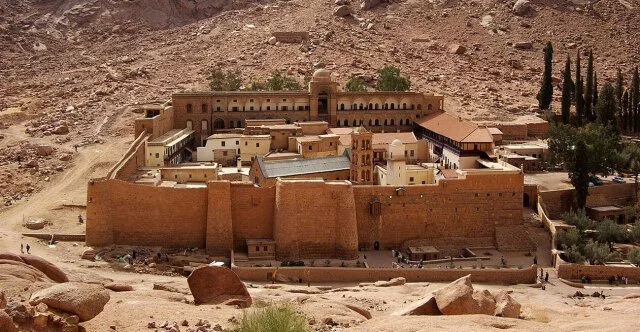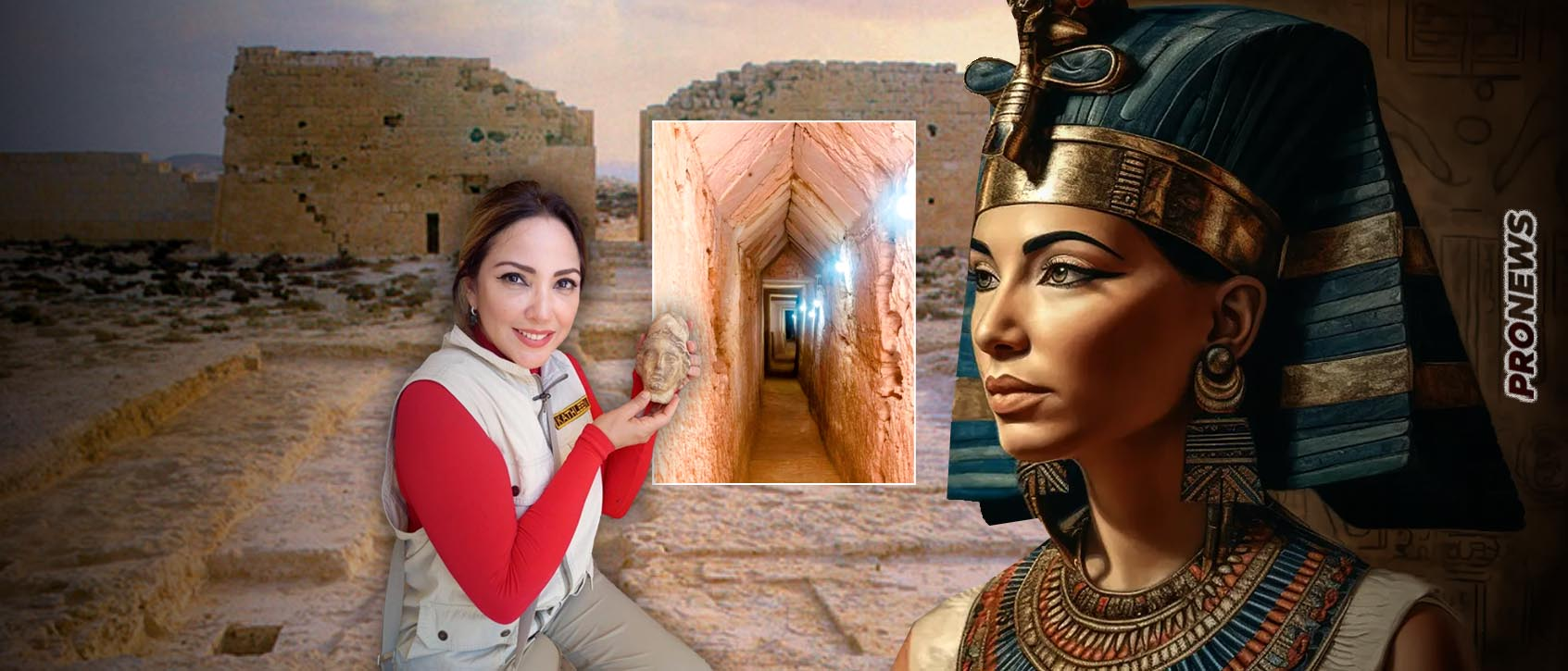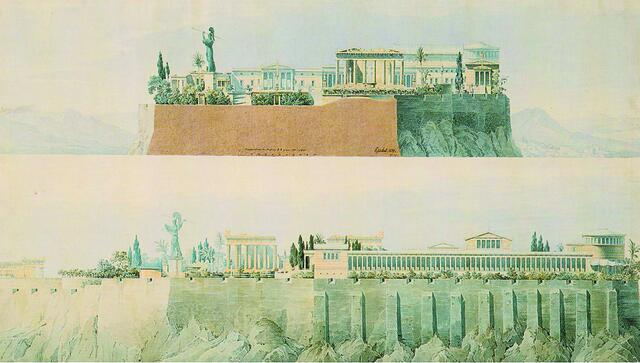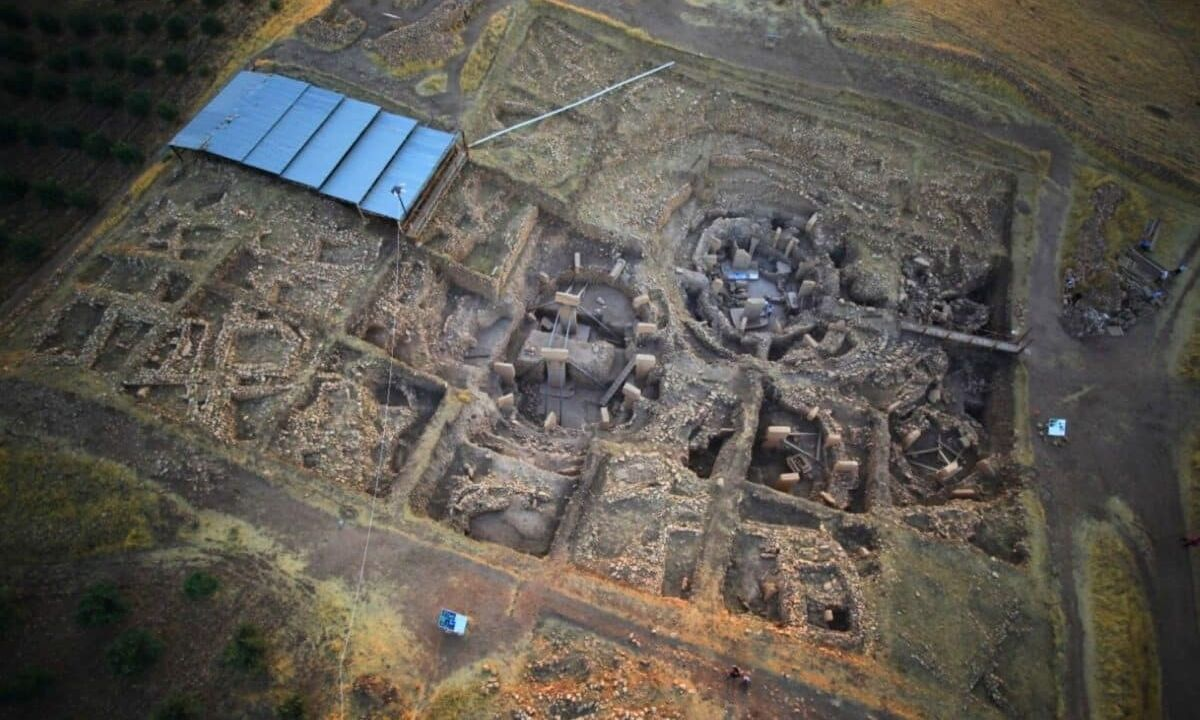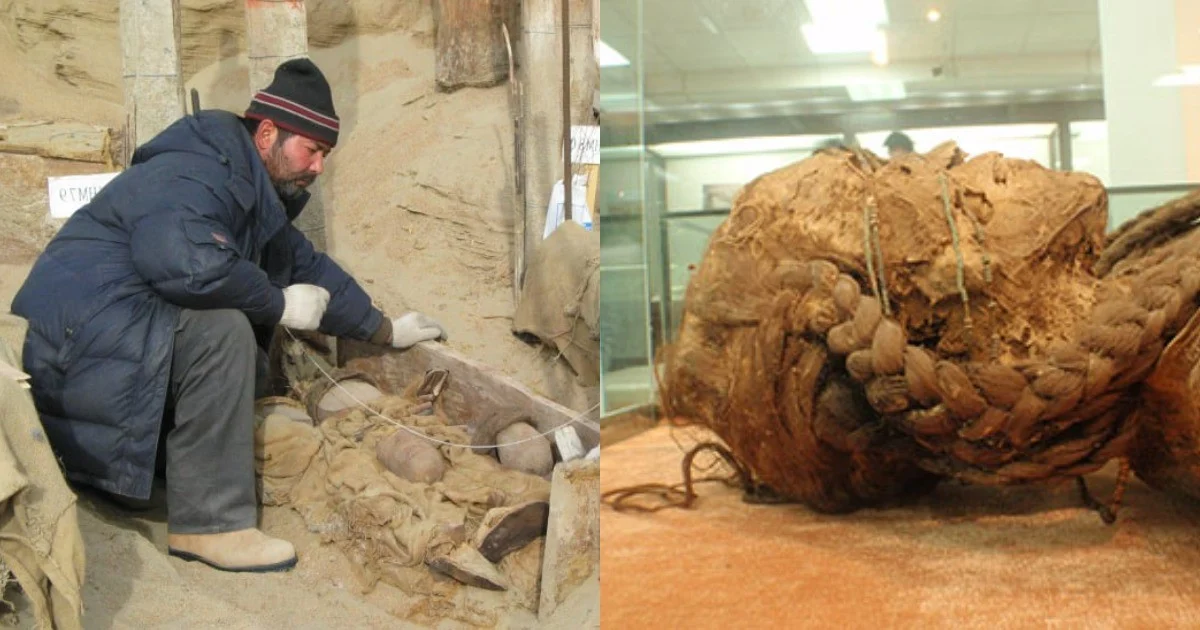A Call for Repatriation
The debate over the rightful home of the Parthenon Sculptures has reignited, with prominent British anthropologist Alice Roberts voicing her support for their return to Greece. Drawing a striking parallel, Roberts remarked that the British public would be deeply unsettled if another nation possessed pieces of Stonehenge, underlining the emotional and cultural significance of these artifacts.
Her comments came after a meeting with Greek Minister of Culture Lina Mendoni, who renewed Greece’s longstanding request for the sculptures' repatriation. These 2,500-year-old masterpieces, often referred to as the "Elgin Marbles," were removed from the Parthenon in the early 19th century and have been housed in the British Museum ever since.
Restoring Cultural Context
In a recent interview with Radio Times, Roberts emphasized the importance of preserving a monument's original context. "Monuments crafted for a specific location and landscape lose their meaning when displaced," she explained. According to Roberts, artifacts like the Parthenon Sculptures are deeply intertwined with their place of origin, and severing that connection diminishes their historical and cultural resonance.
Roberts, widely known for hosting Curse of the Ancients with Alice Roberts, shared these views ahead of the launch of her new Channel 4 series, Ancient Greece by Train. The series, premiering this Saturday, delves into the rich history of ancient Greece, exploring its enduring influence on modern society.
Confronting Colonial Legacies
Beyond cultural context, Roberts highlighted the need to confront historical injustices tied to colonial practices. "It is crucial to recognize and address the questionable actions of the past," she asserted. "Acknowledging these wrongs gives us the chance to make things right today."
She dismissed concerns that returning the sculptures would leave British museums empty, arguing that such fears should not stand in the way of moral action. "The worry of 'setting a precedent' is never a valid excuse to avoid doing what is ethically right," Roberts added.
The Path Forward
Negotiations regarding the sculptures' return remain ongoing. As of December, the British Museum acknowledged that an agreement was still "some distance away," although there has been "progress." Meanwhile, a Downing Street spokesperson clarified that the decision lies entirely with the museum.
Exploring Ancient Greece
Roberts' new series shines a light on how ancient Greek civilization continues to shape contemporary life, from democracy and art to science and medicine. "The ancient Greeks wrestled with profound philosophical questions that still resonate today," she noted. "Yet their culture was rich with mythical tales of gods and heroes — a captivating blend of reason and imagination."
The conversation surrounding the Parthenon Sculptures is more than a debate about ownership. It is about honoring history, preserving cultural heritage, and making ethical choices that bridge past and present. As calls for their return grow louder, the world watches to see if Britain will take a step toward rectifying the past.


